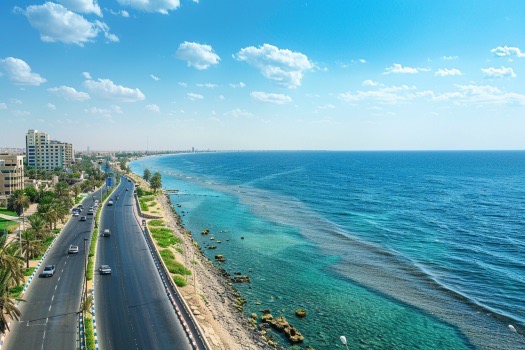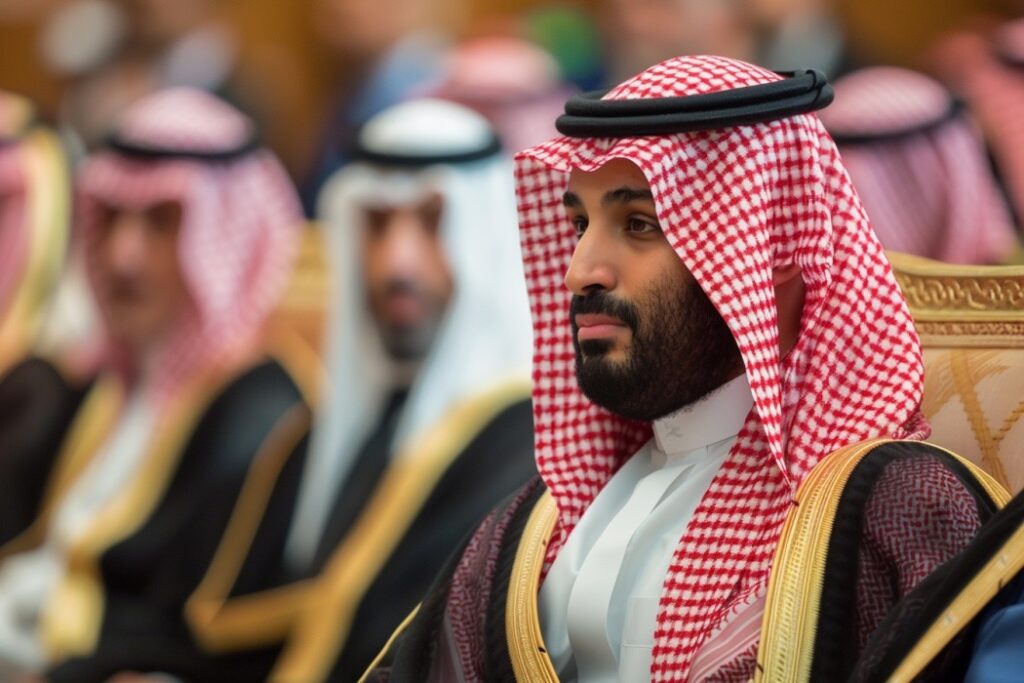Venezuelan Opposition Candidate Claims Coercion by Maduro’s Aides
CARACAS — The Venezuelan opposition candidate, Edmundo González, has made shocking allegations, stating that he was “forced” to acknowledge President Nicolás Maduro as the victor of July’s controversial election in order to secure asylum in Spain.
In a dramatic video message, González revealed that Maduro’s aides had pressured him into signing a letter while he sought refuge in the Spanish embassy in Caracas.
However, Jorge Rodríguez, the head of Venezuela’s National Assembly and a staunch supporter of Maduro, refuted González’s claims, stating that the opposition candidate had willingly penned his signature.
Despite González disputing the election results, electoral authorities loyal to Maduro declared him the winner, sparking widespread skepticism both within Venezuela and internationally.
Speaking from Madrid in a video released on X, the 75-year-old González recounted the intense coercion he faced, recalling how he felt compelled to sign the letter presented to him by Maduro’s aides under duress.
“There were very tense hours of coercion, blackmail, and pressure,” González recounted. “I believed that I could better serve the people by being free rather than imprisoned.”
Now granted asylum in Spain, González referred to himself as the “president-elect of millions of Venezuelans who voted for change, democracy, and peace,” vowing to honor their mandate.
Following González’s accusations, Maduro ally Rodríguez produced the signed letter, asserting that González had signed it voluntarily.
At a press conference in Caracas, Rodríguez challenged González to retract his statements within 24 hours, threatening to release audio recordings of their conversations that would refute the opposition candidate’s claims.
“If you signed under pressure, how is it that one of your daughters continues to live peacefully in Venezuela with her family like any other citizen?” Rodríguez questioned. “Venezuela welcomes diverse opinions, but rejects violence and fascism.”
He also presented photos of a purported meeting between himself, Vice President Delcy Rodríguez, and González at the Spanish embassy in Caracas prior to the opposition candidate’s departure for Spain.
Before leaving for Spain, a Venezuelan judge issued an arrest warrant for González on charges of conspiracy and document forgery, allegations that González vehemently denied.
The National Electoral Council (CNE) of Venezuela declared Maduro, 61, as the winner with 52% of the vote in the July 28 elections, while giving González 43%.
Despite the opposition’s claim of evidence showing González’s clear victory, the US, EU, and several foreign governments have refused to recognize Maduro as the legitimate winner until detailed voting data is disclosed by the Venezuelan authorities.
The CNE cited data corruption by hackers as the reason for not releasing the voting records, further complicating the already contentious election results. — BBC



